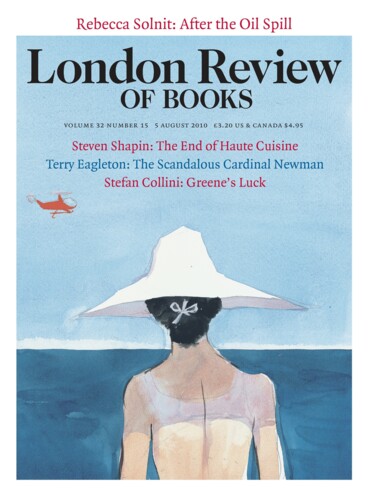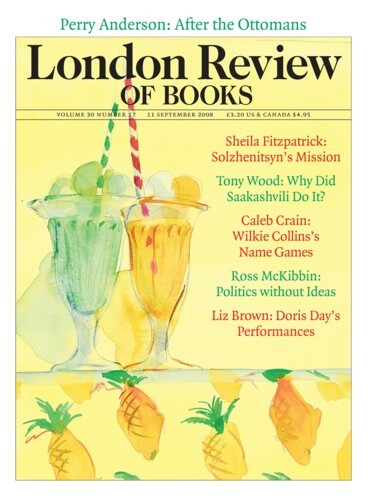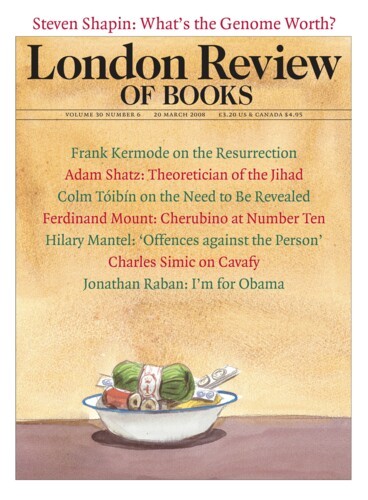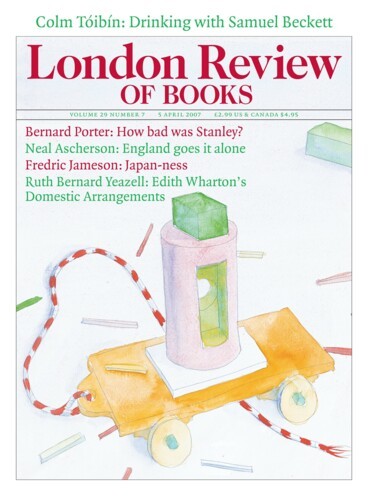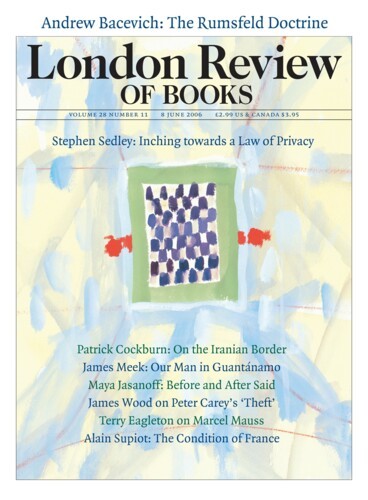Winding south-east from Ouarzazate through the Drâa Valley in Morocco, the road peters out after Zagora. Beyond, lie the swelling dunes of the Great Eastern Erg, the Algerian frontier, open Sahara. Camels are your best bet from here, as Zagora’s chief attraction colourfully advertises: a painted sign pointing the way to Timbuktu, 52 days away by camel caravan. Traditionally, this end of the road was a crossroads: the first stop out of the desert for caravans emerging from the West African interior, and the last stop before it for traders from the north. You can sense something of sub-Saharan Africa in the mud-brick ksars and kasbahs of the region; in the dark faces of the women who billow by in their djellabas, like gusts of black wind. The Arab world makes its mark, too. In the nearby village of Tamegroute, a 17th-century Koranic school called the Zaouïa Naciria houses a library that boasted tens of thousands of volumes in its heyday. Some of them are still displayed beneath cloudy glass: a 14th-century Koran written on gazelle skin in blocky Kufic script, Pythagoras translated into Arabic, medical treatises and geographies.
For Lust of Knowing: The Orientalists and their Enemies by Robert Irwin. Winding south-east from Ouarzazate through the Drâa Valley in Morocco, the road peters out after Zagora. Beyond, lie the swelling dunes of the Great Eastern Erg, the Algerian frontier, open...
